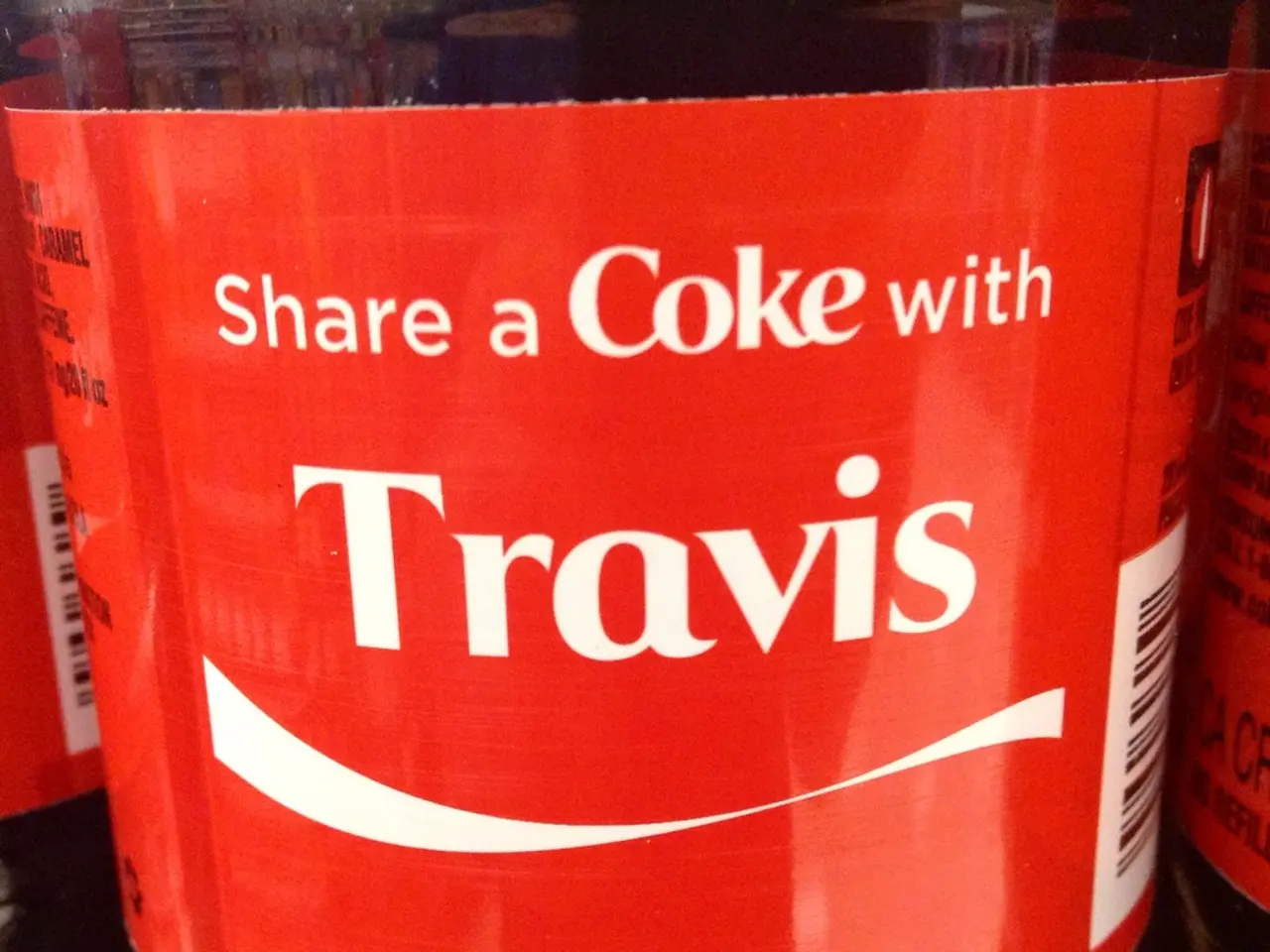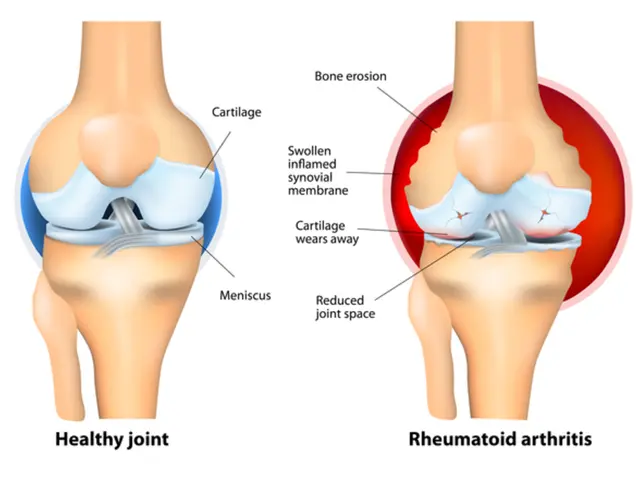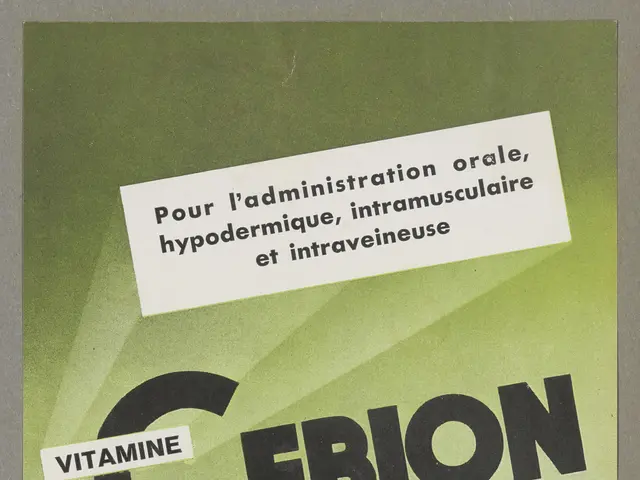Symptoms, Timeframe, and Recovery from Cocaine Detoxification
Cocaine Withdrawal Symptoms, Duration, and Treatment in Adults and Newborns
Cocaine withdrawal can present differently in adults and newborns, as the body adjusts to the absence of the drug.
In adults, cocaine withdrawal typically involves a range of psychological and some physical symptoms due to the brain's adjustment to the absence of the drug. Common symptoms include irritability, anxiety, depression, mood swings, fatigue, insomnia, and headaches. These symptoms result mainly from the brain recalibrating its dopamine and serotonin production, which had been artificially stimulated by cocaine use.
Duration: Cocaine withdrawal symptoms usually emerge shortly after cessation and may fluctuate daily. While acute withdrawal symptoms mostly last from a few days up to about two weeks, psychological effects such as cravings, depression, and mood instability can persist longer and require ongoing management.
Treatment options for adults focus on managing symptoms and supporting psychological recovery. There is no specific medication approved exclusively for cocaine withdrawal, but supportive care often includes medical and psychological support to handle mood symptoms and cravings, behavioural therapy and counseling for addiction recovery motivation, management of insomnia, anxiety, and depression symptoms using non-addictive medications when necessary, and medically supervised detox to ensure safety and reduce relapse risk.
In newborns (neonates), cocaine exposure in utero can lead to neonatal abstinence syndrome (NAS) or withdrawal after birth, though the presentation can differ from typical adult symptoms. Symptoms in newborns may include tremors, irritability and excessive crying, sleep disturbances, feeding difficulties, increased muscle tone or rigidity, and respiratory problems. The duration of neonatal cocaine withdrawal symptoms tends to be shorter than in adults, often resolving within days to a few weeks after birth, depending on the extent of exposure and severity of symptoms.
Treatment for newborn withdrawal is primarily supportive, focusing on ensuring a quiet, low-stimulation environment, swaddling to reduce irritability, nutritional support and feeding assistance, and medical monitoring for complications. In some cases, pharmacologic treatment may be used to control severe symptoms, though this is less common than in opioid withdrawal.
Summary Table:
| Aspect | Adults | Newborns (Neonates) | |----------------------------|---------------------------------------|------------------------------------| | Symptoms | Irritability, anxiety, depression, mood swings, fatigue, insomnia, headaches | Tremors, irritability, excessive crying, sleep disturbances, feeding issues, respiratory problems | | Duration | Days to ~2 weeks; psychological symptoms may persist longer | Days to a few weeks | | Treatment Options | Psychological support, behavioural therapy, symptom management | Supportive care (swaddling, environment), feeding support, monitoring |
For both populations, medical supervision during withdrawal or detox is important to manage symptoms safely and reduce relapse or complications.
While no specific cocaine withdrawal medications are universally accepted, healthcare providers may use symptomatic treatments and psychological support tailored to individual needs. Treatment of newborns focuses on safety and comfort to support natural recovery.
A predictive analysis suggests that chronic use of cocaine can lead to long-term mental health issues like depression and anxiety in adults.Individuals with a history of cocaine use may have an increased risk of developing aq diabetes or other chronic diseases due to the drug's effects on blood sugar regulation.Spondylitis and neurological disorders, such as Alzheimer's and Parkinson's, might be potential long-term complications of cocaine abuse, given its effect on the brain and nervous system.In the case of cytotoxic effects on kidneys, chronic cocaine use may exacerbate chronic kidney disease, requiring attention during medical workplaces' wellness programs.Nutrition plays a crucial role in recovery from cocaine addiction, as maintaining a balanced diet can aid in mood stabilization and overall health-and-wellness.For some individuals, addiction to cocaine might co-occur with other mental-health conditions, such as depression or bipolar disorder, making comprehensive therapies-and-treatments essential.Skin care becomes important during recovery, as drug use may lead to bad hygiene practices and increased risk of infections.As cocaine use can lead to heart problems, fitness-and-exercise remains an essential component of overall recovery, helping to promote heart health and boost mental well-being.Medicare may cover some of the costs associated with cocaine addiction treatment, depending on the specific plan and individual circumstances.CBD, a non-psychoactive component of cannabis, is currently being studied as a potential treatment for cocaine addiction, showing potential in reducing cravings and anxiety.In the case of pregnant women with a history of cocaine abuse, proper prenatal care and close monitoring of the newborn for any signs of withdrawal symptoms (neonatal abstinence syndrome) is crucial.While no specific medication targets cocaine addiction, some medications are used off-label to manage complications associated with withdrawal symptoms, such as antidepressants for depression or anti-seizure drugs for neurological disorders.*Research in the field of science continues to explore new treatments and therapies for cocaine addiction, including immunotherapy and gene therapy, holding potential for more effective and personalized treatment options in the future.





